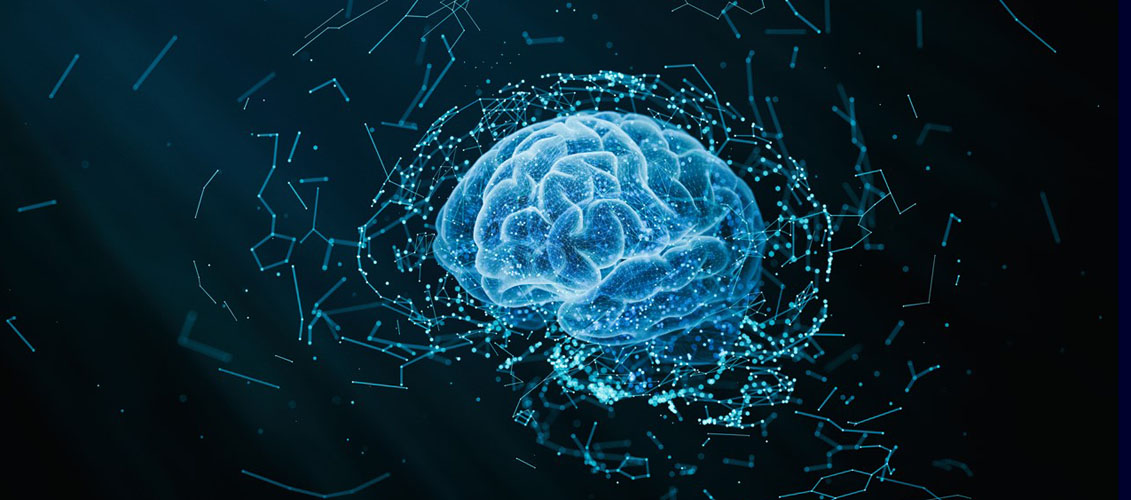Hopkins Medicine neurointensivist Robert Stevens and Hopkins Engineer students and faculty collaborated to develop an #AI model that predicted delirium in ICU patients.

More than one-third of all people admitted to the hospital, and as many as 80% of all patients in an intensive care unit (ICU), develop delirium, a type of brain dysfunction marked by sudden bouts of confusion, inattention, paranoia, or even agitation and hallucinations. An intensivist at Johns Hopkins Medicine, in collaboration with Johns Hopkins University engineering students, report they have developed artificial intelligence (AI) algorithms that can detect the early warning signs of delirium and can predict — at any time during an ICU stay — a high risk of delirium for a significant number of patients.
“Being able to differentiate between patients at low and high risk of delirium is incredibly important in the ICU because it enables us to devote more resources toward interventions in the high-risk population,” says Robert Stevens, M.D., associate professor of anesthesiology and critical care medicine at the Johns Hopkins University School of Medicine and senior author of the new study results, published in the Dec. 20 issue of the journal Anesthesiology. Stevens is also director of precision medicine and informatics, and co-director of the Johns Hopkins Precision Medicine Center of Excellence in Neurocritical Care.
Continue reading: Johns Hopkins Physicians and Engineers Search for AI Program That Accurately Predicts Risk of ‘ICU Delirium’ (hopkinsmedicine.org)
